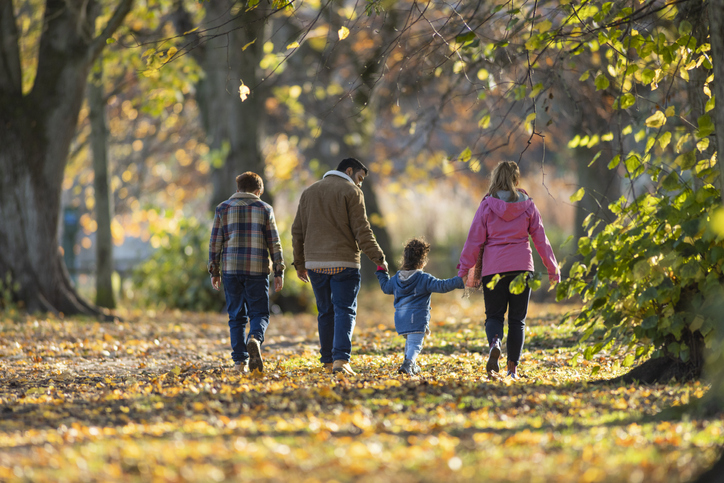Caring for Our Families in Difficult Times: Protecting Mental Health and Wellbeing During Terrorism, War, and other Disasters
Disasters, like terrorism and war, are extremely disruptive and stressful events. The current conflict in the Middle East has impacted communities around the world, including those whose family members are directly involved. In addition, many people experienced increased discrimination in their home country following these events. Some people feel worried about how these disasters impact civil and political discourse or may alter events in the world.
Our exposure to terrorism and war is amplified by a globally connected society with information that is rapidly disseminated, frequently repeated, often graphic in nature, and sometimes shared out of context. Being alert to the news of things happening around us can allow us to make more informed decisions for ourselves and our families. However, excessive focus on negative world events can harm our health and leave us feeling a sense of despair. Protecting ourselves and our families involves also focusing on the good and positive events happening around us, and how we can help build and maintain strong communities, even during difficult times.

We can take steps to protect ourselves and our families by remembering the five essential elements that improve well-being and foster resilience, including safety, calming, efficacy, connectedness, and hope. Below are actions that foster and enhance these elements:
Care for Yourself
Most people feel busy and it’s easy to overlook basic self-care. Getting good sleep, eating regular meals, and drinking water help us to think more clearly and make safer decisions for our family and ourselves. Going for a walk or doing something relaxing can also be helpful. Go outside each day and look off to the horizon for a few minutes to give your mind a break from daily problems and distractions. Remind yourself of things for which you are grateful — a regular practice of gratitude lowers stress and helps people feel calm. Encourage friends, family, and neighbors to practice self-care.
Reach Out to People
Being with our children, extended family, friends, and neighbors builds a sense of connectedness, which protects mental and physical health. Play games with children or other activities they enjoy. Offer them extra hugs and comfort and listen to their concerns. Often children do not worry about the things that adults worry about, so answer only the questions they ask. Reach out to someone you haven’t talked to in a while or who may not have support.
Take Media Breaks
It’s good to be informed, and it’s also good to limit time-consuming traditional and social media and take breaks. Consuming more media about disasters and distressing world events is associated with difficulty sleeping, increased use of alcohol and tobacco, feelings of distress, and worsening of underlying mental health disorders. Avoid keeping the news on in the background with children around to avoid exposing them to graphic language and images that can increase distress.
Take Action
When difficult things are happening, sometimes we feel helpless to change it. It’s helpful to find things we can do to make a difference. Find local or online groups that offer support, encouragement, and actions to assist causes that are important to you or give charitably to an organization. Talk to children and include them in deciding what actions to take, so the family learns and feels stronger together.
Build Hope
Do something helpful or kind for a neighbor, family, friend, or someone in need. Remind others of their abilities and offer encouragement. Take care of yourself. These all help foster hope during difficult times. When we extend kindness, help another person, or engage in self-care, this builds a sense of hope for the future through our actions. More resources
The Center for the Study of Traumatic Stress has brief and easy-to-use tip sheets with actions to foster the five essential elements (safety, calming, efficacy, connectedness, and hope) during times of war and other disasters that will help families, as well as healthcare workers, emergency responders, and community leaders. The American Psychiatric Association has a resource page on coping after disasters to help families and patients protect their health during high-stress events.
